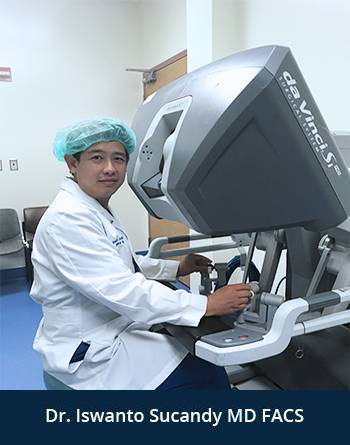Complex Gallbladder Infection
Schedule Free Consultation For A Gallbladder Infection
Gallbladder infection is a common diagnosis but it can sometimes be more complicated than just an acute gallbladder infection secondary to gallstones or sludge. Nausea, vomiting, right upper abdominal pain, and sometimes fever are the most common presenting symptoms for gallbladder infection. Many patients present to a community hospital emergency room (OR) close to where they live for initial management.
Diagnosis of gallbladder infection requires right upper quadrant ultrasound to evaluate the thickness of the gallbladder wall and presence of pericholecystic fluid indicating swelling/edema around the gallbladder wall. Gallstones are often seen within the gallbladder in patients with gallbladder infection. CT scan may be needed to further evaluate the area around the gallbladder and adjacent liver. Severe gallbladder infection can cause liver abscess, fever, sepsis, and even death. The adjacent stomach and duodenum can also be affected by the severely inflamed/infected gallbladder.
Once diagnosed, the treatment for acute gallbladder infection (cholecystitis) is gallbladder removal, also known as laparoscopic cholecystectomy. When the gallbladder infection is so severe, gallbladder removal surgery is sometimes technically very difficult and it is associated with high risk of potential complications. When technical difficulty is encountered by a general surgeon, a referral to a liver surgeon or liver specialist is necessary to avoid unforeseen major complications such as bile duct leak, bile duct transection/injury, or vascular injury. Recognizing the technical difficulty is important to avoid unnecessary harm to the patients.
Concomitant liver diseases such as significant liver cirrhosis, abdominal ascites, portal hypertension, liver abscess, and liver tumors are sometimes found in patients with gallbladder infection requiring cholecystectomy. In this situation, the cholecystectomy is associated with significantly higher intra-and postoperative complications. Significant intraoperative bleeding can occur in patients with severe liver cirrhosis and portal hypertension during the gallbladder removal surgery. An extensive experience in liver surgery is needed to avoid further complications. This type of patients are often referred to a liver surgeon or liver specialist for gallbladder removal surgery. Advanced tertiary care and supporting services are needed to accomplish a safe operation, which often are not available in smaller hospitals.
A large gallstone can create a fistula between the gallbladder and the duodenum or colon. Small-bowel obstruction occurs when the large gallstone becomes impacted in the distal small bowel, requiring a surgical exploration. This condition is called gallstone ileus. In about 5-10% of patients, gallstones can travel down into the common bile duct and cause bile duct obstruction. This is called choledocholithiasis. Yellowing of the eyes and skin (jaundice), biliary infection (acute cholangitis), and sometimes acute pancreatitis when the pancreatic duct is obstructed, are frequently seen with this condition. A broad-spectrum antibiotic should be started immediacalltoy. This condition requires an advance endoscopic procedure to retrieve gallstones from the common bile duct (ERCP) prior to the gallbladder removal surgery. When the endoscopic procedure fails to retrieve gallstones from the common bile duct, a percutaneous transhepatic tube placement by an interventional radiologist becomes necessary.
When both techniques fail, then surgical operation is necessary to remove the gallstone from the common bile duct by direct opening of the the bile duct wall. This is called common bile duct exploration. This biliary surgery can be done via traditional open operation or minimally invasive technique. Advanced treatments are not available in most community hospitals. Dr. Iswanto Sucandy has become the referral surgeon for complex gallbladder and biliary diseases in Tampa area. We work in close collaboration with our interventional radiologists and interventional gastroenterologist to deliver the best care for our patients.


